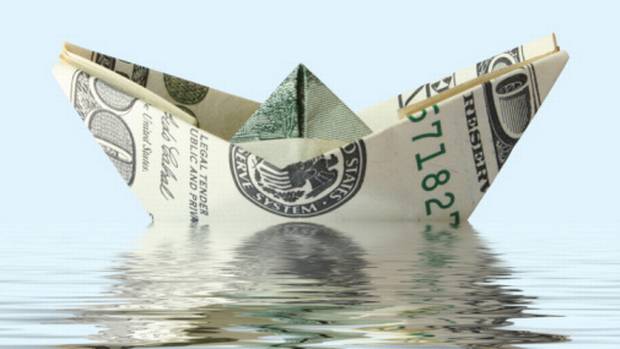Did you ever think about what offshore banking means? Who can benefit from holding an offshore bank account and what banks are categorized as being called offshore?
The above and lots of other issues have raised concern for a while now. It is because when the topic of this kind of banking shows up a lot of people have the tendency to associate the term with illegal activities.
banking shows up a lot of people have the tendency to associate the term with illegal activities.
Some of these prohibited activities included tax evasion and supposed terrorism-related activities. Because 9/11 tragedy, many of the laws on worldwide finances changed making it tougher for these kinds of activities to take place.
You can feel confident that this type of banking is entirely legal and presents no danger to your financial resources if you are considering opening an offshore account. If you take some time to check out a basic offshore banking guide, you will be a bit more acquainted with what is offshore banking.
For those who might be not familiar with the systems, let’s take a moment to get the explanation of what banking offshore means. A bank described as offshore is any financial organization that is outside of the nation in which the  one opening the account is a citizen or permanent resident. The term has a more comprehensive meaning, so despite whether a bank lies offshore in another country or on an island nation it does not necessarily indicate that it can’t be considered as a bank that is offshore. Swiss banks are examples of such …
one opening the account is a citizen or permanent resident. The term has a more comprehensive meaning, so despite whether a bank lies offshore in another country or on an island nation it does not necessarily indicate that it can’t be considered as a bank that is offshore. Swiss banks are examples of such …
